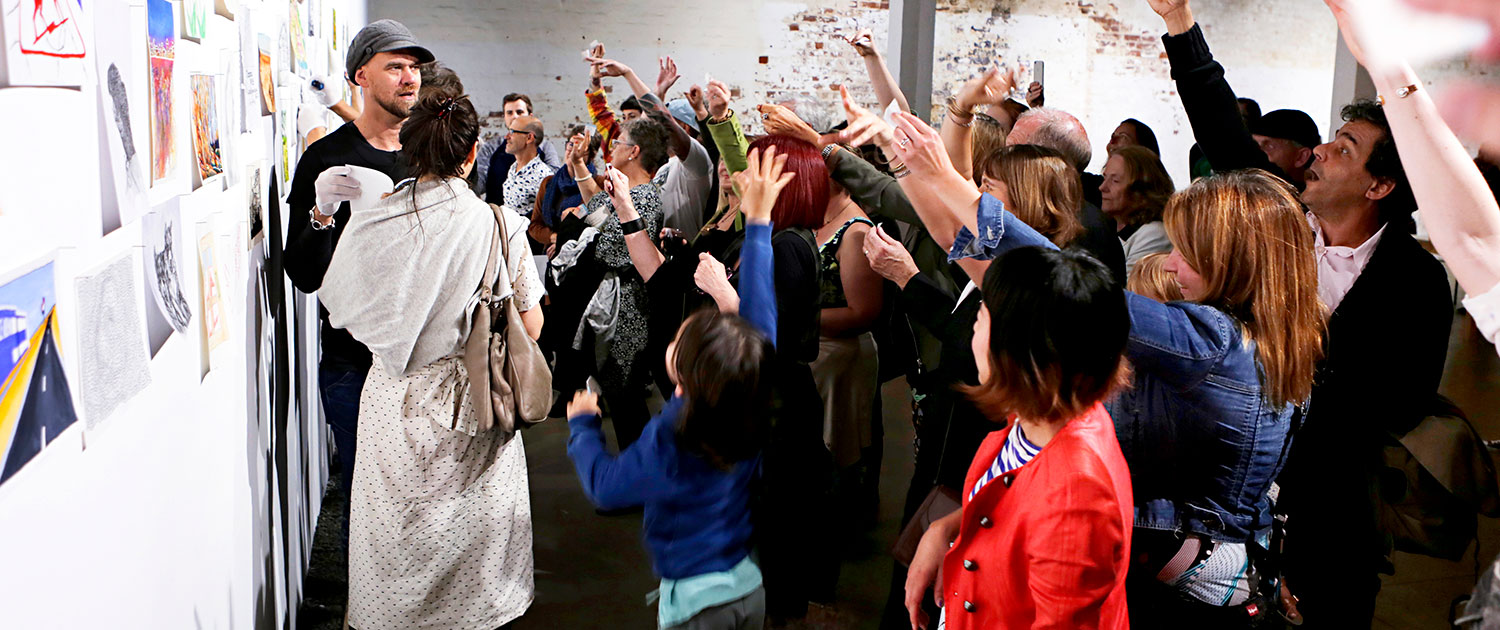Festival Info
About
Fremantle Festival returns this year with a series of events bringing people together in a celebration of community.
Immerse yourself in the colour and pageantry of the Blessing of the Fleet, discover the beauty of Australian Indigenous culture at Wardarnji or bring the family down to a blaze on the beach with the return of Kraken.
For the first time, the City of Fremantle presents Karla-k Koorling, Come to the Fire, inviting audiences to gather around many fires to enjoy intimate performances, including song, spoken word, puppetry and dance.
“As the sun sets over the ocean, the historic Fremantle Port will be illuminated in a mass celebration of our community. The event is inspired by the people of greater Fremantle who have shaped our festivals, whether they are participants, creatives or spectators,” said Fremantle Mayor Brad Pettitt.
“This is a taste of what’s to come, with the Fremantle Festival set to move to the depths of winter in 2019, with a ten-day immersive experience of wild art and hidden treasures.
“Intimate spaces, port history and cosy corners make Fremantle an ideal place for a winter festival. As our city continues to evolve, we thought it was time to offer the people of Fremantle and beyond something that’s unique.”
This year’s three-day festival format will pave the way for the transition to an expanded ten-day format in winter in 2019.
Now in its 113th year, Fremantle Festival is Australia’s longest running festival and continues to evolve as a celebration of one of the most unique cities in the world and its extraordinary community.
Ticketing
All Fremantle Festival 2018 events are free.
Where to stay
From cheerful hostels and friendly B&Bs for the budget-conscious to luxury hotels, Fremantle has accommodation to suit every traveller. Plan your perfect festival stay at one of Fremantle’s hotels.
Explore Fremantle
While you’re feasting your eyes and ears on the massive Festival program, why not linger in Fremantle to eat, drink, shop and explore this historic port city. Find out what’s on at Fremantle Story.
Accessibility
This information is available in alternative formats on request.
Accessibility varies, please check wheelchair access with venues directly.
Connect with us
www.fremantlefestival.com.au/contact
#freofestival
@fremantlefestival
@freofestivals

